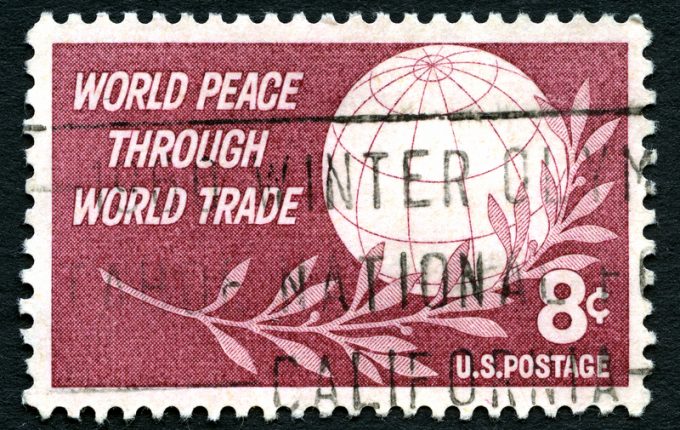Amazon Air’s metamorphosis: 'a different air cargo unit from two years ago'
Amazon Air is in a new stage of its development, characterised by moves to optimise ...

Parcel shippers are bracing for higher delivery costs on international shipments, but it is unclear by how much they may rise.
Under a decision by the Universal Postal Union (IPI) in October, countries with imports in excess of 75,000 tonnes of mail from another nation are free, as of 1 July, to set their own charges for the final delivery of postal traffic from that country.
This replaces a terminal dues regime that set fixed rates depending on the classification of country ...
Asia-USEC shippers to lose 42% capacity in a surge of blanked sailings
USTR fees will lead to 'complete destabilisation' of container shipping alliances
New USTR port fees threaten shipping and global supply chains, says Cosco
Outlook for container shipping 'more uncertain now than at the onset of Covid'
Transpac container service closures mount
DHL Express suspends non-de minimis B2C parcels to US consumers
Zim ordered to pay Samsung $3.7m for 'wrongful' D&D charges
Flexport lawsuit an 'undifferentiated mass of gibberish', claims Freightmate

Comment on this article
Lloyd
July 02, 2020 at 6:38 pm“Many Chinese online merchants had already adapted their strategy, setting up distribution centres in Europe and North America, from where they use domestic delivery services for the final mile, he said.”
So they are paying domestic rates for final mile. That was the point, they pay the same costs. No more shipping to US customers for pennies.